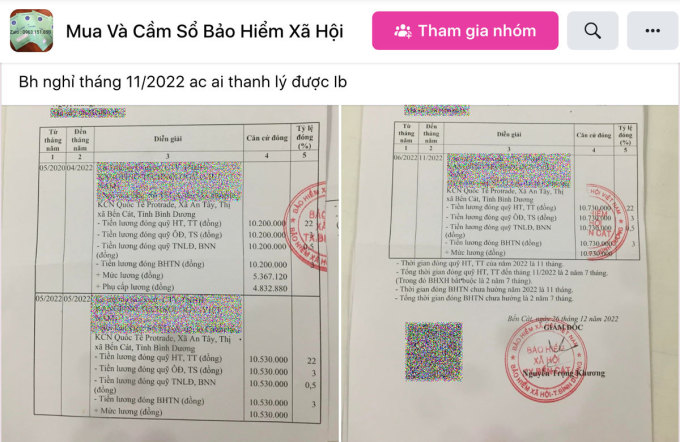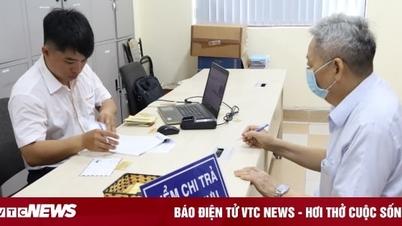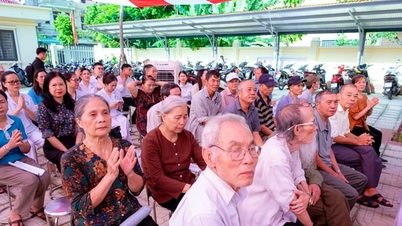More than 3,700 workers borrowed documents to pay social insurance (SI), with nearly 9,800 people receiving benefits totaling nearly 11.4 billion VND, by the end of 2022.
Reporting before the question-and-answer session at the 5th National Assembly session, Minister of Labor, War Invalids and Social Affairs Dao Ngoc Dung said that the local Social Insurance discovered that out of nearly 9,800 people, 9,320 received sick leave benefits worth more than VND5.3 billion; 301 received maternity benefits worth more than VND3.7 billion; 102 people received occupational accident and disease benefits worth more than VND2.2 billion and 71 people received health recovery benefits worth more than VND185 million. Many workers borrowed documents to adjust their personal information to continue paying social insurance.
According to Mr. Dung, borrowing someone else's profile to sign a contract is dishonest and violates the obligation to provide information under the Labor Code. In this case, the labor contract will be invalid.
The Ministry of Labor, War Invalids and Social Affairs has requested the People's Committees and Social Insurance agencies of provinces and cities to guide both employees and employers to go to the court to complete the procedures to declare the contract invalid. After that, the local Social Insurance will adjust the information of the employees participating in the system.

The employee's social insurance book clearly shows the participation process and is publicly "liquidated" in the Social Insurance Book Buying and Selling and Pawning Association with 15,100 members. Screenshot
The situation of collecting social insurance books has been going on for many years, but has not been completely resolved. Current regulations authorize others to receive pensions and benefits, making it easier to enjoy the regime, but have created loopholes for criminals to lure workers to buy and sell social insurance books at cheap prices.
In many localities with large industrial zones with a large concentration of laborers, workers often sell social insurance books under the form of authorization, committing not to work and if they cancel the contract or withdraw the book, they will have to pay double the amount. The price of collecting, buying, selling, and mortgaging social insurance books is only 30-50% of the value of one-time social insurance payment. Only in Thai Binh , according to statistics from the Department of Labor, War Invalids and Social Affairs of this province, in the period of 2020-2022, over 85,000 books were collected and sold.
In the coming time, the social insurance industry will increase the application of technology to compare information and detect cases of incorrect payment. Commenting on the revised Social Insurance Law, the Social Insurance and the Department of Labor, War Invalids and Social Affairs of many localities proposed to prohibit the buying and selling of social insurance books and borrowing other people's documents to pay insurance.
According to current regulations, social insurance books are issued and given to employees to monitor contributions and benefits, and are the basis for resolving benefits for employees. This is not an asset, so according to the 2015 Penal Code (amended and supplemented in 2017), it is not allowed to buy, sell, or mortgage social insurance books.
The current social insurance policy is divided into two types: compulsory and voluntary. Compulsory social insurance is for areas with contracts and agreements that both employees and employers must participate in. Employees are entitled to benefits including retirement, death, maternity, accident, illness, occupational diseases, and unemployment benefits.
Voluntary social insurance is for workers of working age in the informal sector, without any relationship or labor contract. Workers can choose the contribution level according to regulations, receive partial support from the state, and only enjoy two regimes: retirement and death.
Hong Chieu
Source link






![[Photo] Binh Trieu 1 Bridge has been completed, raised by 1.1m, and will open to traffic at the end of November.](https://vphoto.vietnam.vn/thumb/1200x675/vietnam/resource/IMAGE/2025/10/2/a6549e2a3b5848a1ba76a1ded6141fae)



































































































Comment (0)